Private Sector
A thriving private sector is vital for the sustainable transformation of the seed industry in West and Central Africa.
But as we know, there are still many challenges facing the sector. These include inadequate seed policies, cross-border restrictions, inadequate agri-business models, lack specific incentive and financial solutions for the seed, weak technical and organizational capacity of the private sector, a weak seed value chain, etc.
In the implementation of the West Africa Seed Program, many lessons were drawn that could be helpful to further grow this industry in the region. Further analyses will be conducted to support the existing business-models developed under the WAAPP. With financial Solutions supporting the funding of private companies’ business plans, the promotion, and sharing of the business models developed among ASIWA stakeholders to make it more accessible to partners; v) and incubation/mentoring in the development of local businesses, we expect to see some progress.
Seed Forecasting Tools
CORAF shall also use the Seed Forecasting Tool for predicting seed demand and supply. This tool will be updated for use to predict both seed and fertilizer demands. The West African Seed Exchange (WASIX) will be updated and linked to those developed for fertilizer by IFDC and ECOAGRIS in promoting an agri-inputs package approach.
The Seed Forecasting Tool is in the form of an excel spreadsheet that works by a series of basic assumptions such as the potential area to be used for seed production, seeding rate and seed yield, to assist producers in planning the seed production effort through a process of demand projections and by examining past and present performance levels, combined with an assessment of available products and current markets.
 English
English
 Français
Français 

